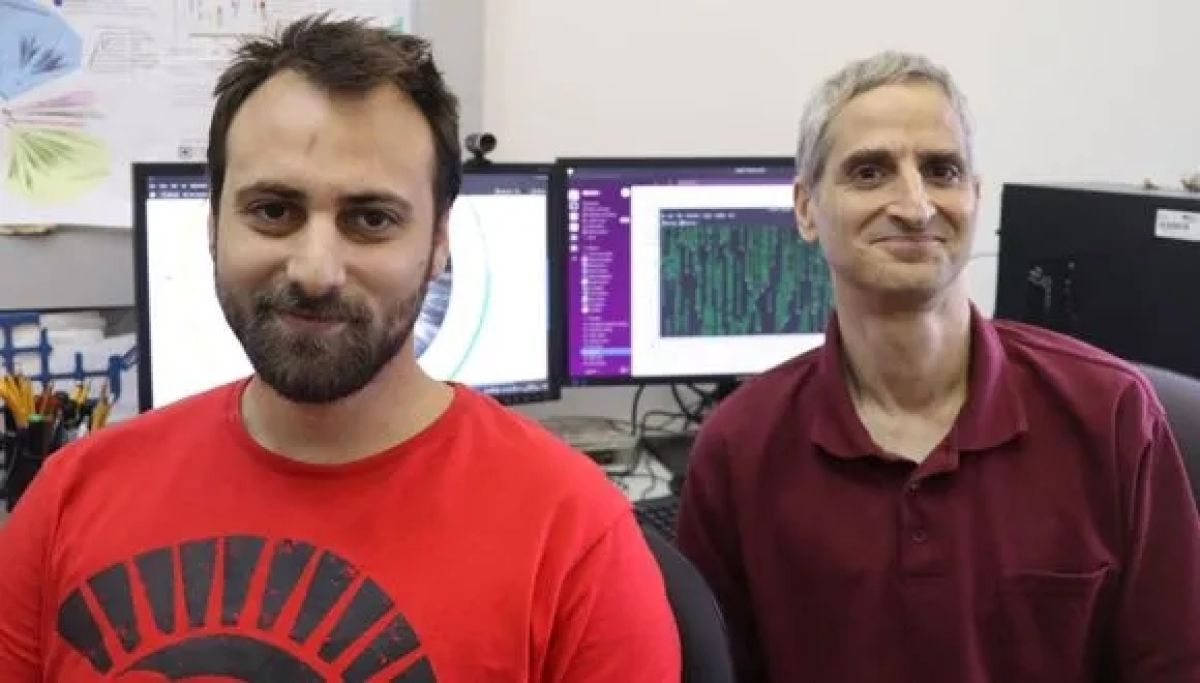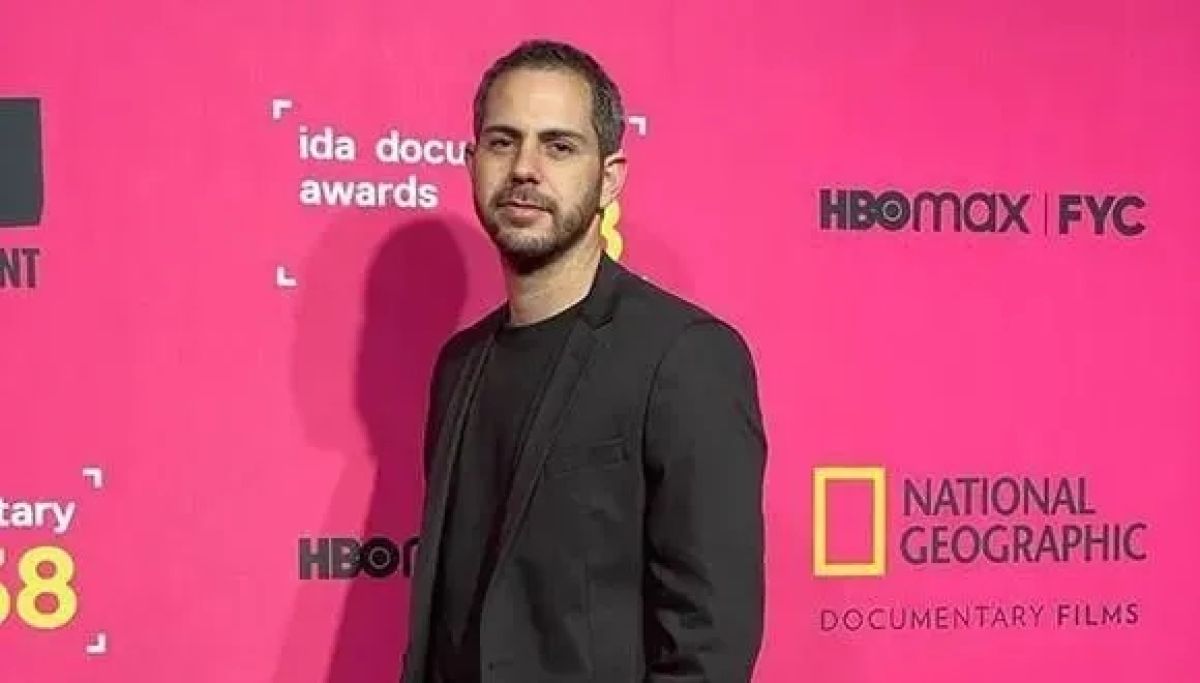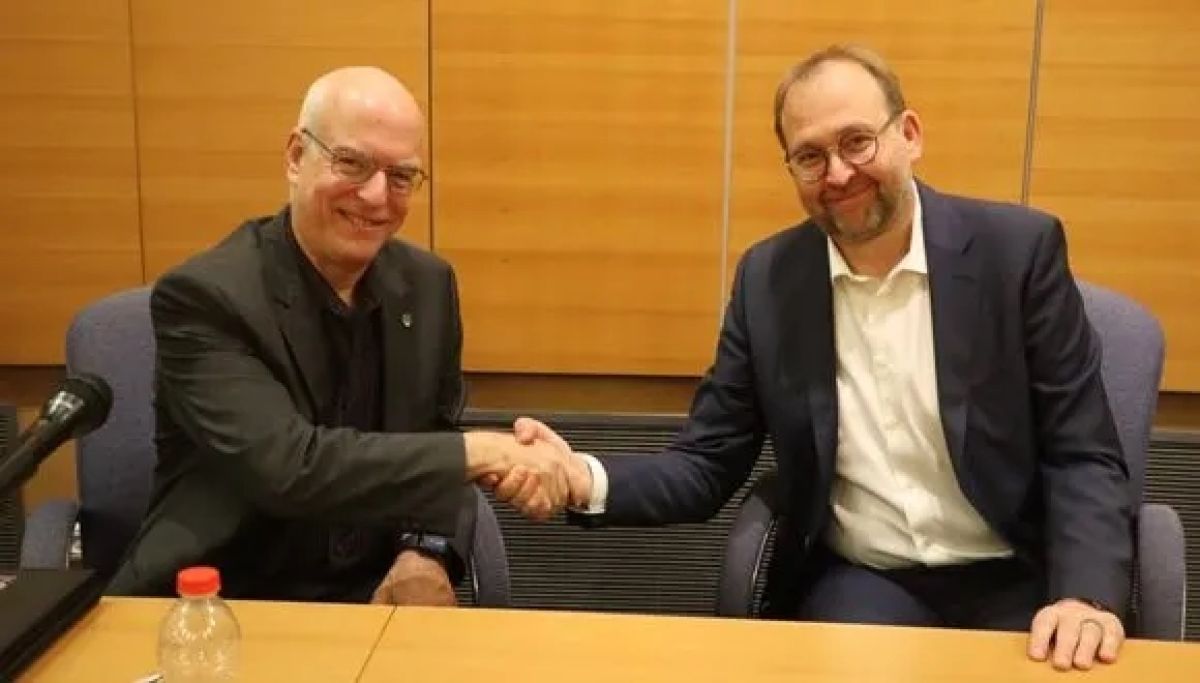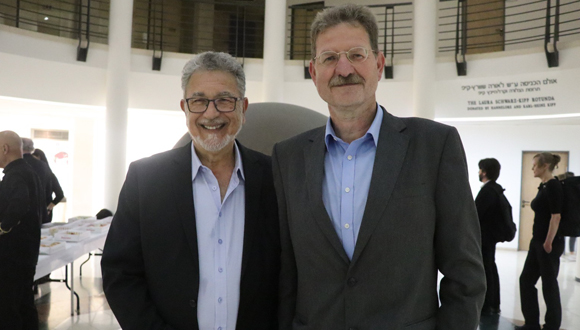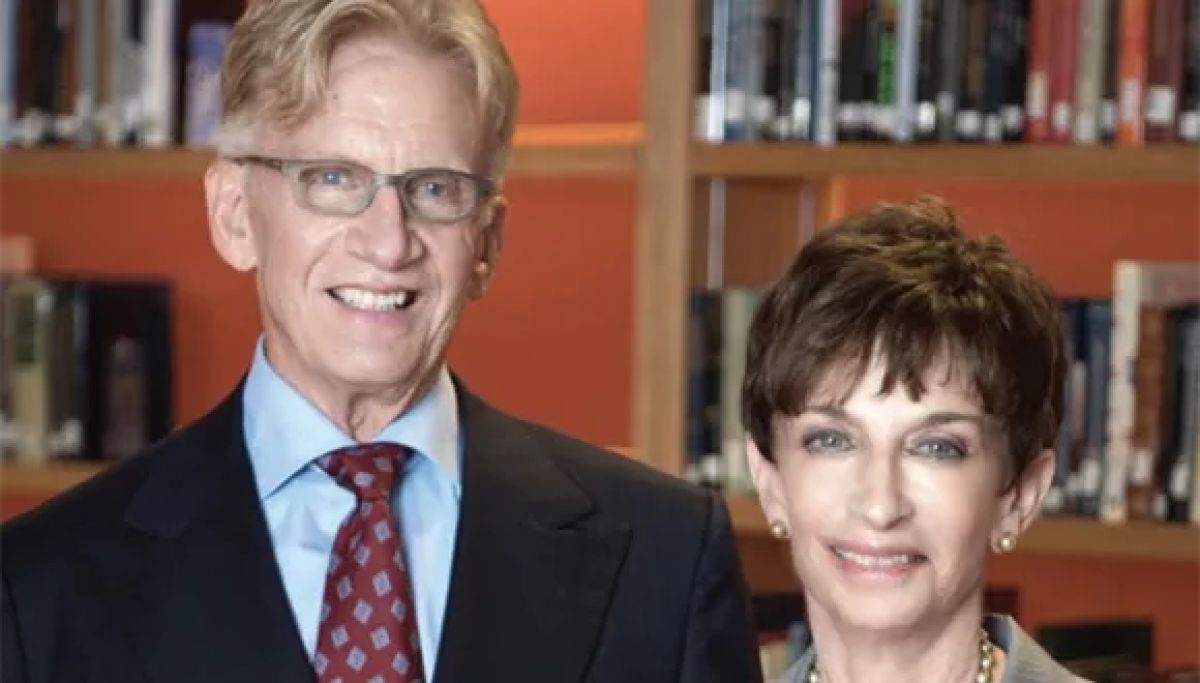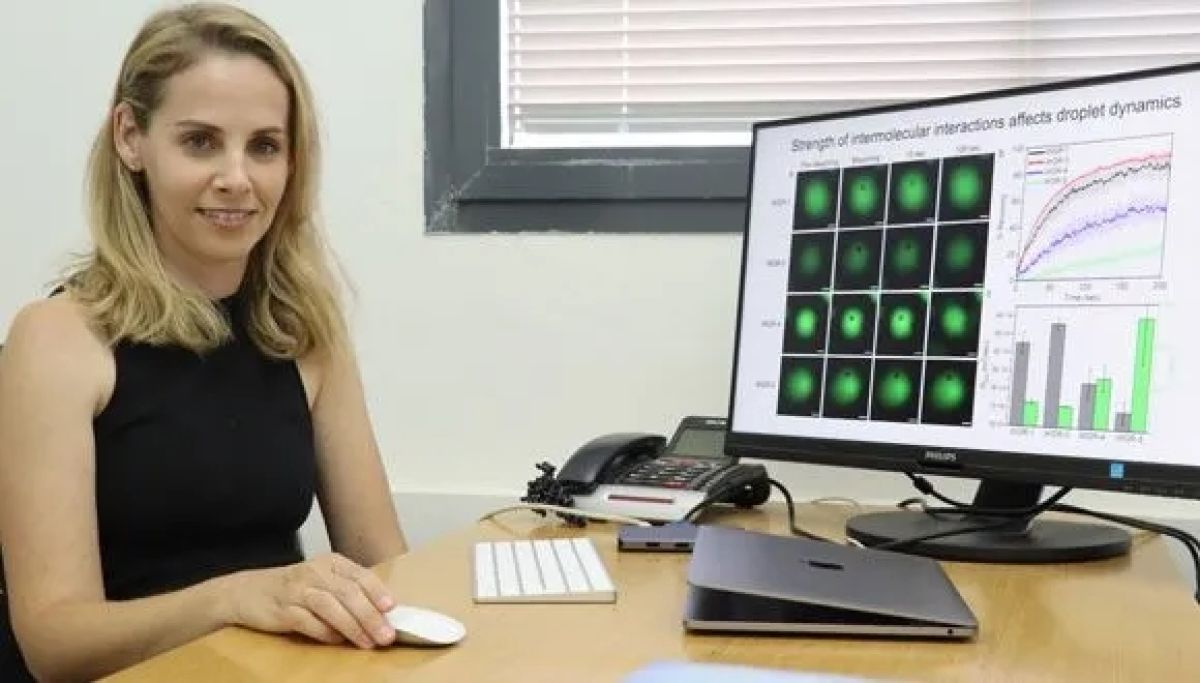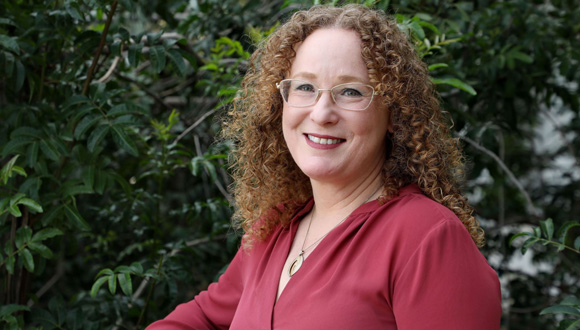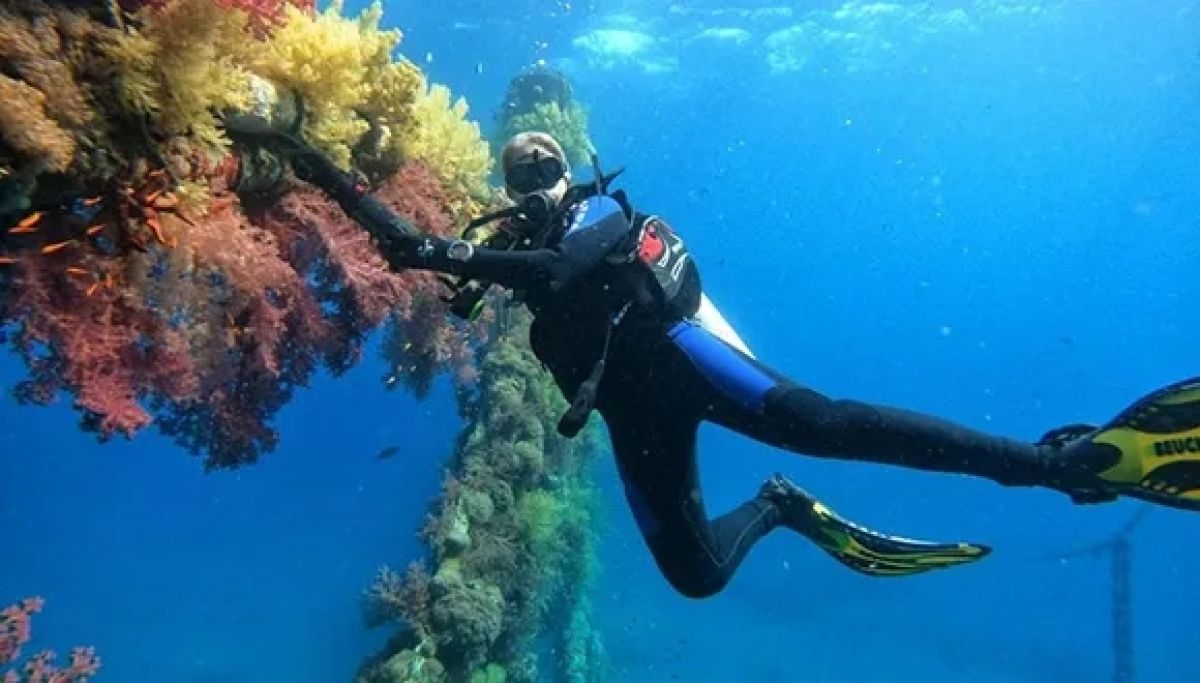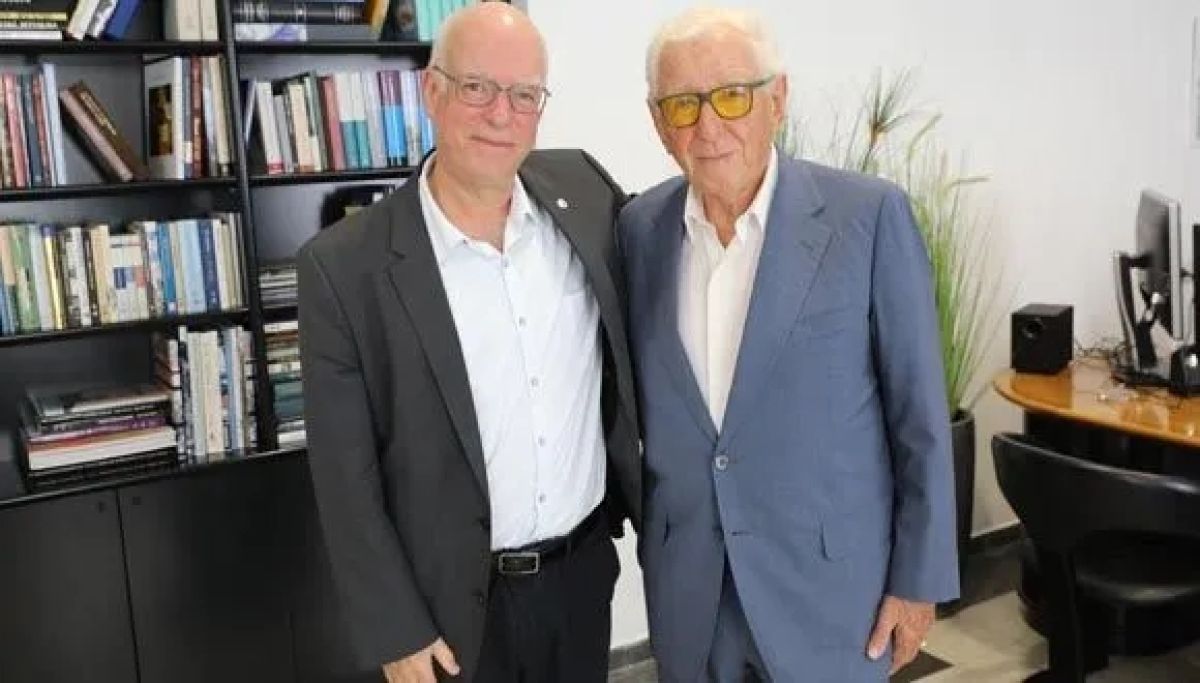Tel Aviv University has established the Colton Center, Israel’s first multidisciplinary center for the study of autoimmune diseases – chronic conditions involving an abnormal response of the immune system within body tissues. The Center will collaborate with Israel’s medical centers and health services including HMO’s and Hospitals as well as selected scientists from other academic institutions to enable big data analytics of medical information and biological samples from patients with autoimmune diseases and promote understanding of the causes of morbidity and recurrent flareups and possible early diagnostics and treatments.
The TAU research approach will be unique in its nature fundamentally being based on big data analytics that will direct any traditional scientific wet lab work. The intent of the center would be to grant research funding to multidisciplinary groups of scientists including computer science, engineering, biology, statistics, mathematics, psychology, and more. The different research programs will be managed based on agreed upon milestones with the ability to reach substantial sums upon success. In addition to its multidisciplinary clinical research, the new Center will encourage experimental and theoretical studies in immunology and conduct workshops and conferences jointly with the three other Colton Centers.
Goal: Finding a Cure for Autoimmune Diseases
The Center’s establishment was enabled by a generous donation of $10 million from TAU Governors Judith and Stewart Colton. It is the fourth research center founded by the Colton family to address autoimmune diseases, joining three centers already operating in the USA – at Yale University, the University of Pennsylvania, and NYU.
“Stewart and Judith Colton, renowned Jewish philanthropists and dear friends of TAU, have set themselves a goal,” explains Prof. Ariel Porat, President of TAU. This goal is “to develop drugs and treatments for autoimmune diseases. For this purpose, they have established dedicated centers at three leading American universities, and now decided to extend this activity to TAU.”
“This donation is following many years of active contribution by the Colton Foundation to TAU’s innovation and entrepreneurships in wide range of disciplines. We are proud to belong to this elite group of universities, and together with them and the Colton family, we will strive to find a cure for autoimmune diseases.”
“Even though autoimmune diseases have been known to science since the beginning of the 20th century, we still don’t have adequate tools for prevention, treatment, or prediction of morbidity and recurrent flareups.” Mr. Stewart Colton
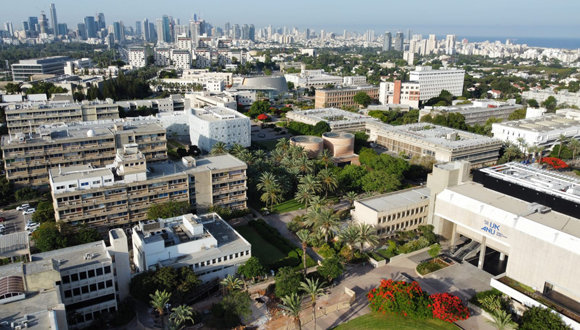
Tel Aviv University
In Need of Adequate Tools
Mr. Stewart Colton comments: “We believe the Consortium created by the four universities will multiply the opportunities for advancing the chances for successful research. We have worked with TAU for almost 40 years and recognize the unique talent and dedication brought to innovative science. It is a terrible disease that deserves more attention.”
“I am particularly proud that Prof. Uri Nevo from the Department of Biomedical Engineering, who was one of the Colton Fellow graduates, was appointed to be the Chair of the Center’s Steering Committee.”
“The category of autoimmune diseases covers over 100 diseases, with relatively familiar examples including lupus, multiple sclerosis (MS), psoriasis, and Crohn’s disease. Autoimmune diseases are defined as diseases in which the immune system, instead of pathogens such as viruses and bacteria, or cells infected with these pathogens, attack the body’s healthy tissues. Even though autoimmune diseases have been known to science since the beginning of the 20th century, we still don’t have adequate tools for prevention, treatment, or prediction of morbidity and recurrent flareups.”
“The new Colton Center represents the best of basic and translational research – a true collaboration between researchers and clinicians to explore the optimal avenues for deciphering the mechanisms and therapy for autoimmune diseases.” Prof. Karen Avraham
True Collaboration Between Researchers and Clinicians
Prof. Karen Avraham, Dean of TAU’s Sackler Faculty of Medicine adds: “the new Colton Center represents the best of basic and translational research – a true collaboration between researchers and clinicians to explore the optimal avenues for deciphering the mechanisms and therapy for autoimmune diseases.”
“We will start our research carefully and modestly, hoping that from the focused study we will learn about the basic principles underlying autoimmune diseases, and eventually impact the understanding of many of these diseases, and benefit vast numbers of patients.” Prof. Uri Nevo
Aim to Benefit Vast Numbers of Patients
Prof. Uri Nevo from the Department of Biomedical Engineering, Chair of the Center’s Steering Committee, explains that the Center’s purpose is to promote the study and understanding of autoimmune diseases in order to improve their prevention and treatment. The first goal, he says, is to obtain measurable results, identify early signs and develop predictive algorithms for both initial onset and recurrent flare-ups. Eventually, studies may provide explanations, and possibly even discover the cause.
Other goals are to define practical recommendations for preventing onset and recurrence or reducing severity, and acquire new insights about disease mechanisms, enabling the development of new treatment strategies in the future.
Prof. Nevo: “Due to the complexity of the immune system, and the difficulty in measuring the interaction between the immune system and tissues in the body, we face some tough challenges. We do not understand the biological mechanism that drives many autoimmune diseases, or how they are connected with genetic and environmental risk factors. As a result, very few specific medications are on offer, and in many cases the disease becomes chronic.
“One of our main objectives is to establish research collaborations with various players: the medical institutions affiliated with TAU, the health services, and representatives of NPOs addressing the various diseases. Our intention is to sample their data and utilize the vast knowledge they have accumulated. The data will enable computerized analysis of samples taken from autoimmune patients in Israel, to help us understand the causes for the onset and recurrent flareups of these diseases.”
To choose the focus of its research for the next few years, the Colton Center is presently sending out a dedicated survey to thousands of clinicians and researchers in Israel. “We want to hear the opinions of doctors and experts, in order to focus on a limited number of diseases,” says Prof. Nevo. “We will start our research carefully and modestly, hoping that from the focused study we will learn about the basic principles underlying autoimmune diseases, and eventually impact the understanding of many of these diseases, and benefit vast numbers of patients.”

